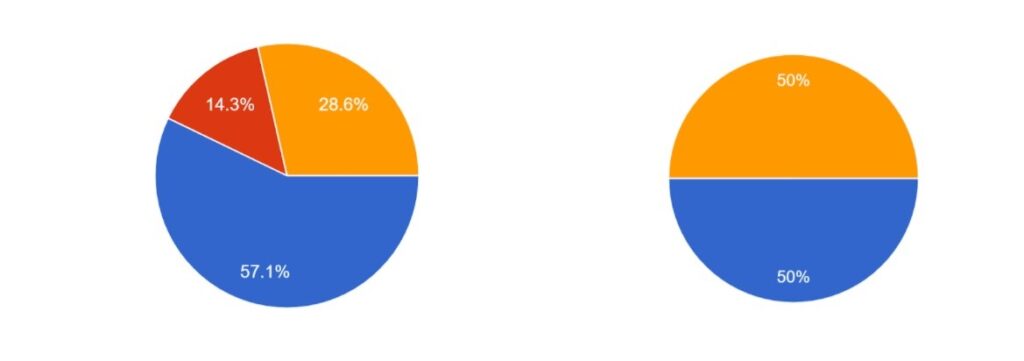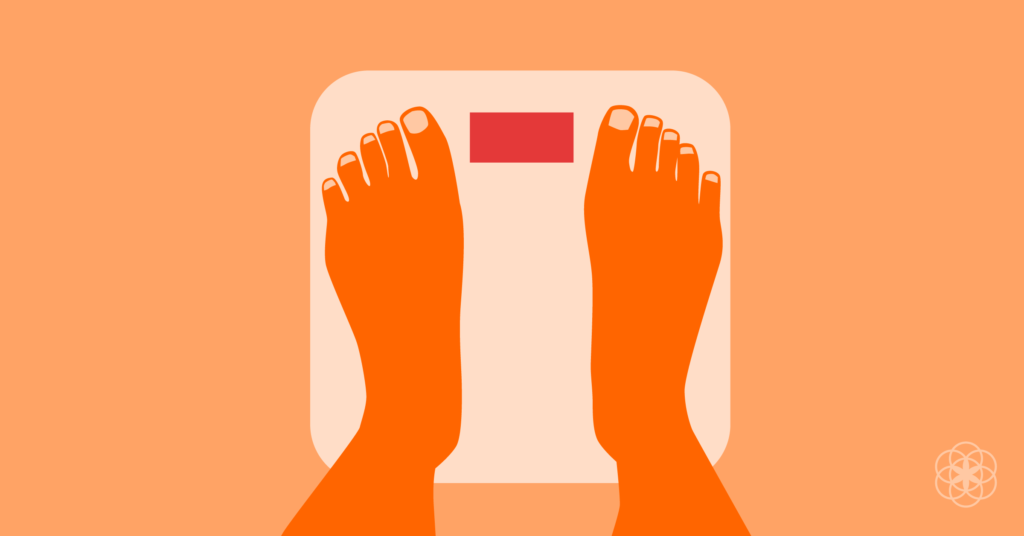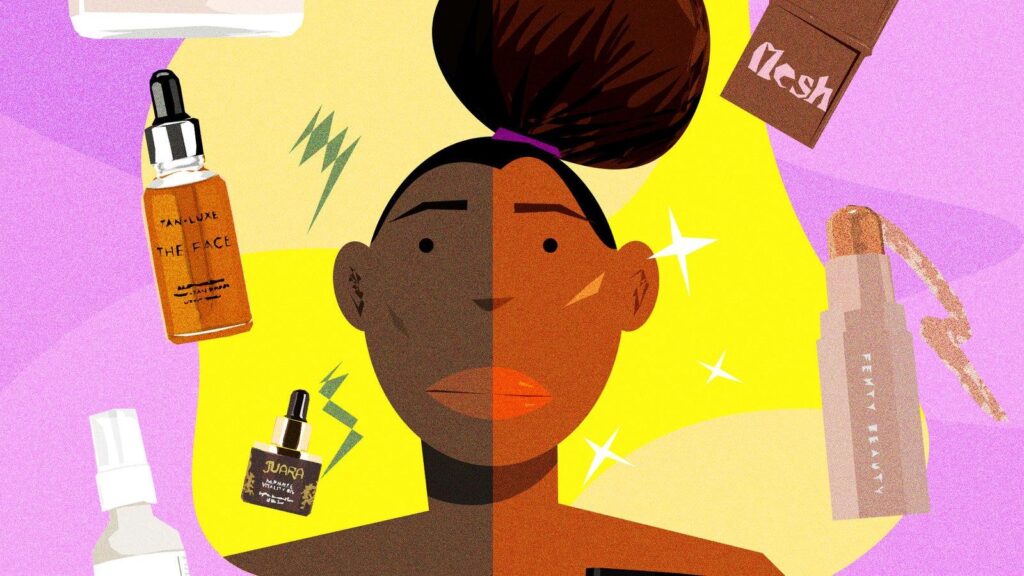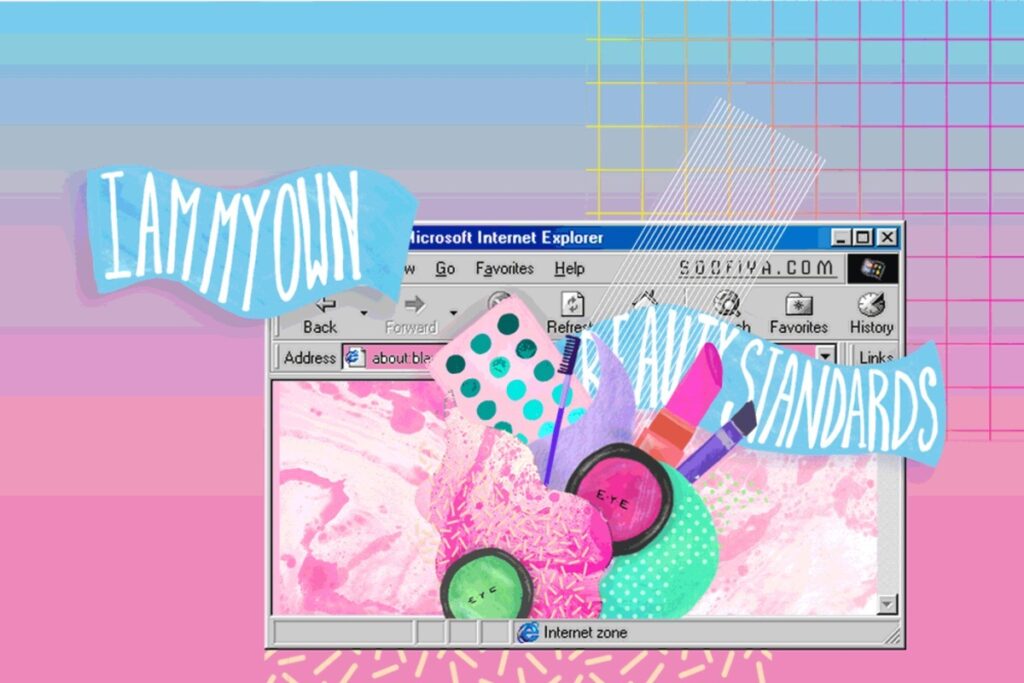Parents and Beauty Standards
Trigger warning: Mentions of self-image and confidence regarding beauty standards are mentioned below in the form of different dialogues further in this article.
In a country like India, where particular gender identities have their own set of predominant concerns in society, did we ever think that beauty standards would also be another hegemonic statement that we will need to deal with, closed doors? While beauty standards are not an ordinary topic and are widely spoken and aware, is there any representation given for those unheard voices? Do beauty standards mean the definition of one’s waist size or one’s fairness?
Although there have been numerous discussions on different social media platforms around problematic advertisements and statements, we often hear from the media or, in this case – parents. What we truly fail to hear are the dialogues from these individuals, their silenced voices under Snapchat or standard Instagram filter that have fooled us into burying our concerns. This article aims to give a platform to some of these individuals who have been a victim of a toxic trait often brushed off behind the curtains.

Short Survey Responses
While the survey conducted was limited to a certain group of people, the results are generic. The figure on the left indicates that 57% answered yes to their parents having a particular beauty standard, 28.6% answered ‘maybe,’ and 14.3% answered no. However, is having a set standard by parents enough to affect you?
Another question that was asked to the respondents about receiving any taunts or insults from their parents in regards to those fixed beauty standards were 50% to yes and 50% to sometimes indicating some levels of a basic level of the brunt experienced at some point or the other in an individual’s life.

Dialogues on Beauty Standards
Here are a few dialogues shared by the respondents.
One of the respondents anonymously said, “It affects my self-image and self-esteem a lot. There is only a certain amount of criticism that you can brush off as ‘concern.’ I have been overweight for a long time due to medical issues and have lost weight to become healthier, but my parents don’t seem to understand that I don’t need to be stick thin to be healthy.”
And the other one added, “It angers me to think that they keep bringing it up even though I have expressed my anger towards it, and it deeply upsets me because maybe they will never understand how hurtful it can be to repeatedly bring up something that cannot be changed to a certain extent.”
On the other hand, a respondent mentioned, “I was told that a lot of boys would be attracted to me if I gained weight. And simultaneously, everyone around me would start to appreciate me and respect me. It did affect my self-esteem, and I constantly was in self-doubt as to if I looked healthy enough to be presentable. What they fail to realize is my metabolism – which is very high.”

While beauty cannot just be limited to one’s waist or thighs, a respondent said, “It has time and again made me feel under-confident with being myself which definitely translated into pretty low self-esteem, and at a particular point in my life, I think, I started to pity myself thinking that if I’m not able to get something, that definitely has to do with the way I look.”
“Few members of my immediate family say that they only accept me for my intellect and otherwise I’m ugly. I guess it has made me want to get attention from guys, to assure myself. Oftentimes, it has resulted in some amount of body shaming and verbal abuse, which I couldn’t share with my family because they would probably blame me more,” said another respondent.
“Being taunted/degraded by your own parents is worse than being insulted by some stranger. My dark complexion has always been a challenge for me, and it has always irked my parents every now and then. From asking me to apply “Ghar ke nuskhe” for lightening my skin color to announcing that they will literally buy a suitor for me with all the dowry they can give so that they won’t be able to reject me on the basis of my skin tone. The casual racism that I have been through at my home has demotivated me and my self-confidence and tarnished my self-image,” said another respondent.

Conclusion
Although the above are just a few responses, many become the victim of parental pressure. They end up burying themselves into filters and screens, thinking they are not good enough. While the observation of such discussions on social media has led some inclusivity to how beauty is defined, did it really help voice out concerns like these? Did we ever realize social media came as a secondary source to these buried expectations. According to me, fixed beauty standards have now led to unrealistic beauty standards through social media and films that have influenced people from any generation.
Do these concerns now seem like a topic we have left far behind with problematic advertisements? Does this make you want to talk more with your peers? Taking a step to voicing out concerns about beauty standards cannot be taken lightly. Our self-image is a mirror of how we perceive ourselves in the world. This article aimed to provoke thought in the reader’s mind to understand dialogues and not hegemonic narratives on Instagram, limiting the face value of deep-rooted problems. The author of this article is not an expert and requests the readers to understand and seek guidance from experts if these fixed standards have affected their mental health in any possible way.
Featured Graphic Designer: Vijaya Srivastava
Author

